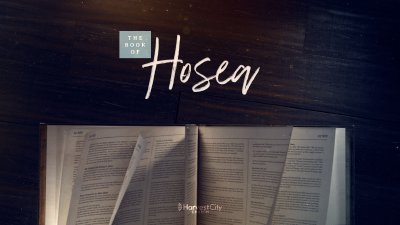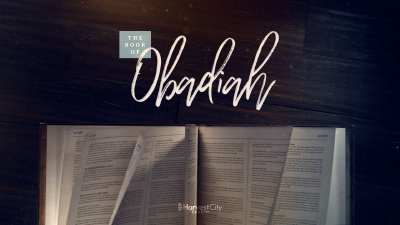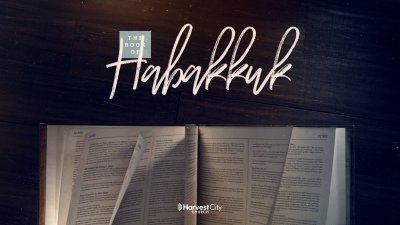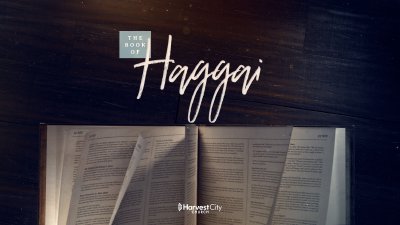


Minor Prophets
Exploring God's Message To His People
Obadiah
September 22, 2020 • Neil Gallagher
Obadiah the prophet is the writer of the shortest book in the Old Testament (a mere one chapter book, consisting of 21 verses, and 440 words), called “The most highly predictive book in the entire Bible” (because everything mentioned had to do with the future of Judah and Edom). Obadiah shares with (Jonah and Nahum) the distinction of having addressed his message not to Israel or Judah but to (or about) foreign nations exclusively.
Micah
September 29, 2020 • Sinead Holas
Micah came from Shephelah, His hometown Morsheth, near the border of Philistia and Judah a few miles away from Jerusalem, so he lived between the Jews and the philistines. Micah grew up in the countryside. He had strong concerns for the lowly and less fortunate (the lame, the outcasts, the afflicted Micah 4:6), therefore much of his prophecy is towards the leaders, the rich and those in places of authority or power.
Habakkuk
October 6, 2020 • Paul Goffin
Habakkuk was a prophet who lived at a very turbulent time in the history of Judah. It was written around 609 BC when the situation in Judah was one of sin and godlessness. The book consists of a dialogue between the prophet and God, in which Habakkuk asks questions of God, and receives a reply he was not expecting. Habakkuk comes to understand what God is telling him and ends with a hymn of faith. Habakkuk may have been a Levite as the last part of the book is notated for music. The main theme of the book is that the just shall live by faith.
Haggai
October 13, 2020 • Hannah Johnston
The book of Haggai is one of the smaller prophetic books. It only has 2 chapters. The name Haggai means "festive" in Hebrew, from the root ָח ַגג (chagag). Haggai prophesied at a time when the people of Judea were extremely vulnerable. They had been humbled by their exile to Babylon, were hopeful in their return to the promised land, but they had become discouraged by opposition in their rebuilding of the Temple that they had quit (Ezra 4:24). Now, sixteen years later, Haggai blamed their lack of food, clothing and shelter on their failure to rebuild the Temple. The Jews living in Judea were ultimately receptive to his message of rebuilding the Lord's house.
Malachi
October 20, 2020 • Cory Holas
The book of Malachi can be likened to our spiritual health. It requires constant maintenance; otherwise we quickly lapse into apathy and insincerity. This was a specific problem in Malachi’s time. After returning from exile in Babylon, the Jews rebuilt the Temple and reinstated the priesthood. Everything seemed to be going well, but after a few generations passed, many Jews became complacent in their faith. Even the priests became corrupt and careless in carrying out their duties. So Malachi, prophesied against the people’s insincere worship, their refusal to tithe the full amount and their lack of concern for God’s commands.







